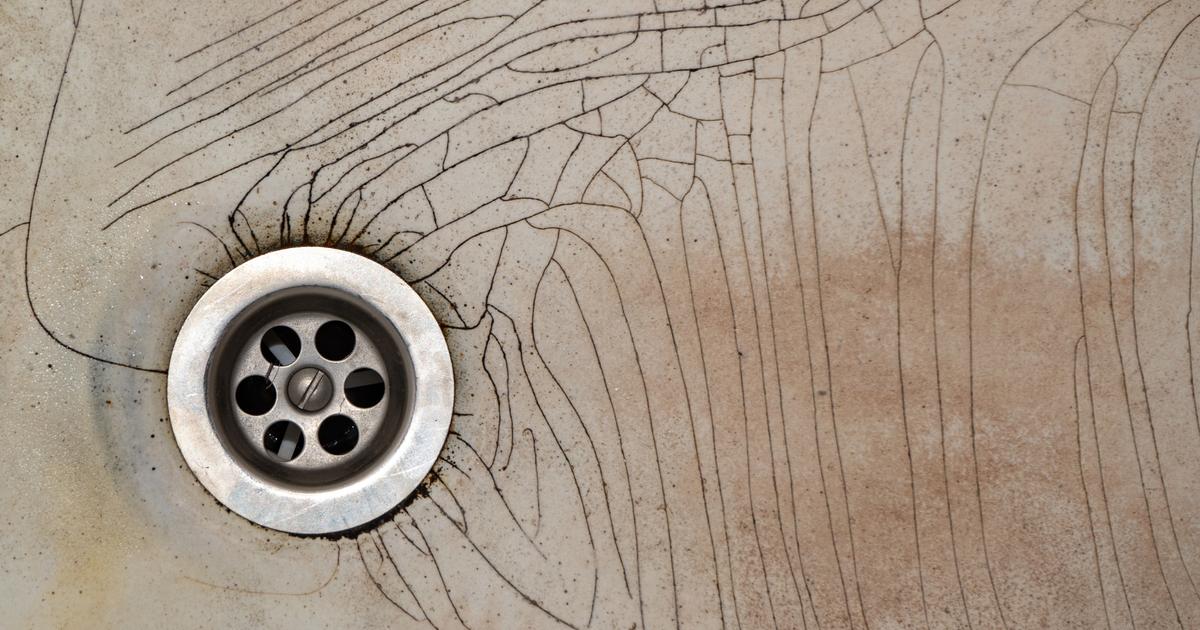By Amanda Michelle Gomez - Politifact
In recent months, some European airlines have banned the use of cloth masks to control the spread of the coronavirus on flights, instead requiring passengers to wear surgical masks, sometimes referred to as medical or disposable, or N95 respirators.
This is a new twist in the debate over the efficacy of the ubiquitous cloth mask, which prevailed in the early days of the pandemic, when surgical masks and N95 respirators were harder to find.
The Centers for Disease Control and Prevention (CDC) still promotes cloth masks in their prevention guide.
Masks remain a critical mitigation tool because people become infected with SARS-CoV-2, the virus that causes COVID-19, primarily by inhaling small airborne particles or large respiratory droplets produced by coughing and sneezing. .
But the delta variant that predominates in the United States is much more contagious than the original coronavirus, so the density of the virus in the air is higher.
And some experts have adjusted their advice to the new reality.
"Given the delta variant out there, you probably need to update your mask," Ashish Jha, a leading COVID-19 expert and dean of the Brown University School of Public Health, said on Fox News on September 5.
Anthony Fauci Supports FDA Decision on COVID-19 Vaccine Booster Dose
Sept.
19, 202100: 59
What kind of mask should we use?
Don't worry if you are confused.
Recommendations on the use of masks have been changing since the beginning of the pandemic, and recent research has further altered the ideas that were held in this regard.
That is why we decided to delve into the most current information on masks.
This is what we know:
At the beginning of the pandemic, we were told that masks were not necessary.
Shortly thereafter that recommendation changed, but the public was asked not to purchase surgical-style masks used by healthcare professionals due to a severe shortage of that product.
Citizens in the United States were advised to wear cloth masks or to make their own masks.
The shortage doesn't seem like a big problem right now, although the CDC still advises against choosing N95 respirators.
"It's probably more important to wear something that you are comfortable with and that can be used for long periods of time in a particular setting."
Peter Chin-Hong, University of California-San Francisco
In late August, the nation's leading infectious disease expert, Anthony Fauci, declined to recommend higher-quality masks.
"Instead of worrying about what kind of mask, just wear a mask," he said on MSNBC.
Peter Chin-Hong, an infectious disease expert at the University of California-San Francisco, explained that Fauci was taking a harm reduction approach: "It's probably more important to wear something that you are comfortable with and can be worn for long periods. of time in a particular environment [...] rather than saying that you need to use the best that you have at all times. "
"The basic should be a surgical mask," added the specialist, "it is easier to implement. It is cheap, although it is not always environmentally friendly."
Personally, Chin-Hong only wears N95 respirators when there are wildfires.
"Even in the hospital, I mainly wear a surgical mask," he explains.
Cloth masks have become a common choice for families in the face of COVID-19.
A new study shows that surgical masks are best used to prevent the delta variant.Mary Altaffer / AP
While he believes that the government and public health officials should emphasize the use of surgical masks, Chin-Hong said that cloth masks can offer sufficient protection in certain circumstances.
For example, a fully vaccinated person, he explains, would likely have adequate protection inside a building if he wears a cloth face covering for short periods of time, as long as the place is not crowded.
Much depends on the context, so he asks these questions to help the decision: If you are going to enter a place, will the building be full of people?
How long will it be inside?
Is it very likely that everyone wears masks?
Are you and those around you fully vaccinated?
Are you an immunosuppressed person?
The riskier the situation, the more likely the higher quality mask is the best option.
"Nothing has zero risk, so it's just a question of risk reduction," Chin-Hong said.
Masks definitely need to be beefed up to combat the delta variant, but that doesn't mean that those who can't afford N95s have no options, ”said Raina MacIntyre, director of the biosafety research program at the University of New South Wales at Sydney, Australia, who has done numerous studies on face masks.
MacIntyre added that it is "possible to design a high performance cloth mask."
An experimental laboratory study she co-authored found that a multi-layer fabric mask can effectively block droplets.
The study, published in May in the journal ACS Biomaterials Science & Engineering, recommends using a minimum of three layers, with a combination of cotton, linen, polyester and nylon, for droplet-blocking performance to be similar to surgical masks. .
The US reaches 42 million cases of coronavirus since the beginning of the pandemic
Sept.
19, 202100: 20
It's not just layers that are important to improve filtration, so is fit.
A technique recommended by the CDC to improve the fit of a surgical or cloth mask is to knot the straps and fold the sides.
A mask usually fits you well if you feel warm air coming through the front as you breathe in and out.
What does the latest research say?
A large-scale study published this month found that surgical masks are especially effective in reducing symptomatic infections.
Researchers from Yale, Stanford and the nonprofit GreenVoice monitored more than 340,000 adults in rural Bangladesh for at least eight weeks. About half of Bangladeshis received free promotion and distribution of masks. In the villages where the researchers intervened, the use of masks increased from 13% to 42%. Fewer confirmed COVID-19 infections were reported in those same villages and there was a lower incidence of related symptoms.
Villages where cloth masks were distributed reported an 8.5% reduction in symptoms, while villages that received surgical masks saw a 14% reduction.
When a third of adults with symptoms commonly associated with COVID-19 agreed to have their blood tested for the virus, the researchers found an 11% reduction among those who wore surgical masks.
"When I saw those results, I threw away my cloth mask"
Stephen Luby, Stanford University
Among people 60 and older, surgical masks reduced infections by a third.
The researchers observed a 5% reduction in infections among those who wore cloth masks.
This study was conducted before the delta variant was widely circulated in the country and has not undergone scientific evaluation, but some experts have already praised its methodology and results.
"When I saw those results, I threw away my cloth mask," said Stephen Luby, a co-author of the study and a professor of infectious diseases at Stanford University.
"If delta is circulating and you are going to use a mask, why not use one that, according to the data, is good?"
Why did the FDA reject the Pfizer booster dose?
A doctor reveals it
Sept.
17, 202103: 37
"We found very strong evidence that surgical masks are effective," added Jason Abaluck, a Yale economist who helped lead the study.
“My reading of that is that cloth masks probably have some effectiveness.
They are probably better than nothing, ”he added.
Abaluck suspects his study offers mixed evidence for cloth masks because only about a third of people who said they had symptoms agreed to undergo blood tests for COVID-19.
In other words, the sample size was too small to observe anything significant.
“The most likely interpretation of this whole constellation of results is that [the cloth masks] really help.
In fact, they make us less likely to get COVID-19, that's why we saw fewer symptoms, "he said.
A second possibility is that cloth masks prevent other respiratory illnesses that have similar symptoms, he said.
Some other studies found that community use of masks, including cloth masks, reduces the spread of COVID-19.
But researchers working in Bangladesh say those tests have drawbacks, so they conducted their randomized clinical trial.
For example, some of those studies were unable to observe the independent effect of masks in normal settings, because they were conducted when wearing masks was mandatory and while other COVID mitigation measures, such as physical distancing, were being implemented.
However, the researchers agree with the overall assessment of such studies: people who wear masks are less likely to become infected than people who don't.
“This is the nature of science.
Science evolves, ”said Luby,“ we had evidence that we get some protection with cloth masks, and now we have more recent evidence that we get better protection with surgical masks ”.











